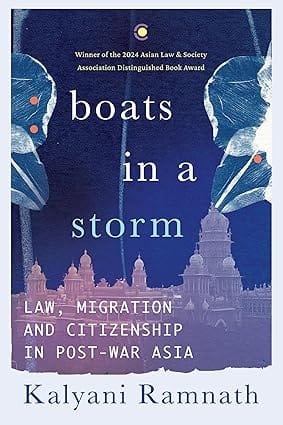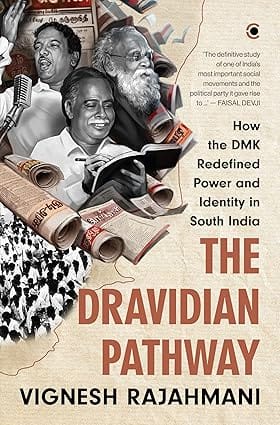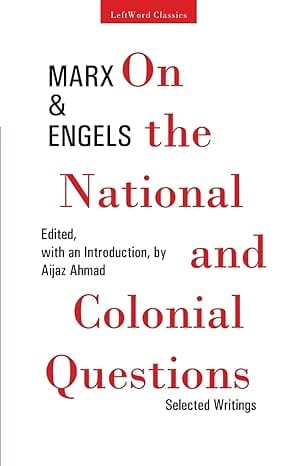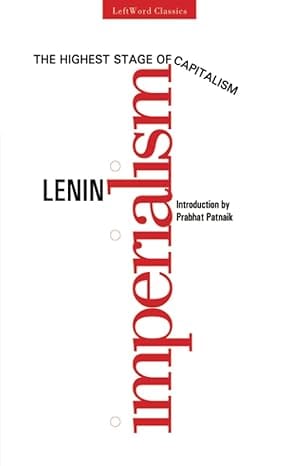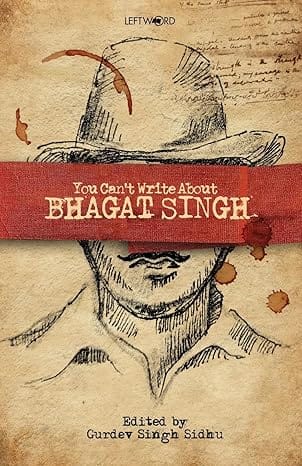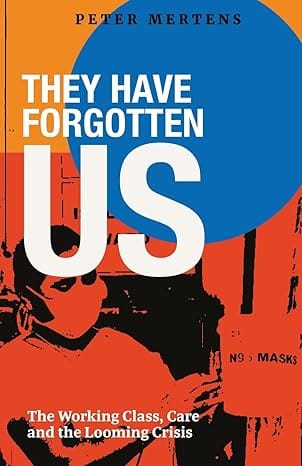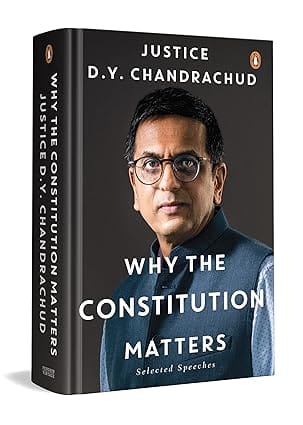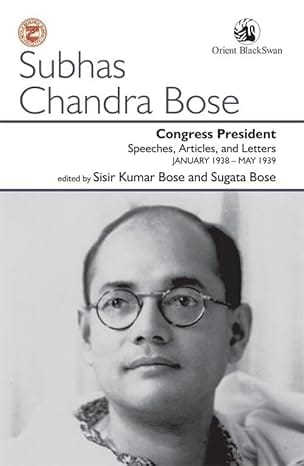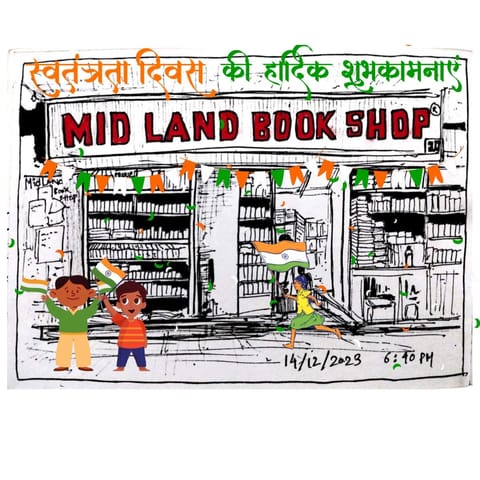WELCOME TO MIDLAND BOOK SHOP!
SHOP FOR
- Non-ficton
- Non-ficton
- Contemporary Fiction
- Contemporary Fiction
- Children
- Children
- Comics & Graphic Novels
- Comics & Graphic Novels
- Non-Fiction
- Non-Fiction
- Fiction
- Fiction
Shop No.20, Aurobindo Palace Market, Hauz Khas, Near Church +91 9818282497 | 011 26867121 110016 New Delhi IN
Midland The Book Shop ™
Shop No.20, Aurobindo Palace Market, Hauz Khas, Near Church +91 9818282497 | 011 26867121 New Delhi, IN
+919871604786 https://www.midlandbookshop.com/s/607fe93d7eafcac1f2c73ea4/677cda367903fd013d69b606/without-tag-line-480x480.png" [email protected]9789371974646 68a0792c2e1c097aac19aded Boats In A Storm Law, Migration And Citizenship In Post-war Asia https://www.midlandbookshop.com/s/607fe93d7eafcac1f2c73ea4/68a0792d2e1c097aac19adf5/81ou6wqertl-_sy425_.jpg 9789371974646
About the Book
WINNER OF THE 2024 ASIAN LAW & SOCIETY ASSOCIATION DISTINGUISHED BOOK AWARD
For more than a century before World War II, traders, merchants, financiers, and laborers steadily moved between places on the Indian Ocean, trading goods, supplying credit, and seeking work. This all changed with the war and as India, Burma, Ceylon, and Malaya wrested independence from the British empire. Set against the tumult of the post-war period, Boats in a Storm centers on the legal struggles of migrants to retain their traditional rhythms and patterns of life, illustrating how they experienced citizenship and decolonization.
Even as nascent citizenship regimes and divergent political trajectories of decolonization papered over migrations between South and Southeast Asia, migrants continued to recount cross-border histories in encounters with the law. These accounts, often obscured by national and international political developments, unsettle the notion that static national identities and loyalties had emerged, fully formed and unblemished by migrant pasts, in the aftermath of empires.
Drawing on archival materials from India, Sri Lanka, Myanmar, London, and Singapore, Kalyani Ramnath shows how decolonization was ultimately marked not only by shipwrecked empires and nation-states assembled and ordered from the debris of imperial collapse, but also by these forgotten stories of wartime displacements, their unintended consequences, and long afterlives.
About the Author
Kalyani Ramnath is Assistant Professor of History at Columbia University.
WINNER OF THE 2024 ASIAN LAW & SOCIETY ASSOCIATION DISTINGUISHED BOOK AWARD
For more than a century before World War II, traders, merchants, financiers, and laborers steadily moved between places on the Indian Ocean, trading goods, supplying credit, and seeking work. This all changed with the war and as India, Burma, Ceylon, and Malaya wrested independence from the British empire. Set against the tumult of the post-war period, Boats in a Storm centers on the legal struggles of migrants to retain their traditional rhythms and patterns of life, illustrating how they experienced citizenship and decolonization.
Even as nascent citizenship regimes and divergent political trajectories of decolonization papered over migrations between South and Southeast Asia, migrants continued to recount cross-border histories in encounters with the law. These accounts, often obscured by national and international political developments, unsettle the notion that static national identities and loyalties had emerged, fully formed and unblemished by migrant pasts, in the aftermath of empires.
Drawing on archival materials from India, Sri Lanka, Myanmar, London, and Singapore, Kalyani Ramnath shows how decolonization was ultimately marked not only by shipwrecked empires and nation-states assembled and ordered from the debris of imperial collapse, but also by these forgotten stories of wartime displacements, their unintended consequences, and long afterlives.
About the Author
Kalyani Ramnath is Assistant Professor of History at Columbia University.
Review
‘Kalyani Ramnath’s Boats in a Storm is an exceptional text. Armed with legal expertise and the skill set of an adroit historian, Ramnath narrates the entangled histories of South and South East Asia to reveal interconnected networks of individuals, land, labour, capital and credit across these regions.’ — Vineeta Sinha, International Journal of Maritime History
‘Kalyani Ramnath’s Boats in a Storm contributes to the ever-growing body of literature using legal archives to help reconstruct a supernational history of the Indian Ocean World. And she does so in a refreshing, impressive, and layered way.’ — Luc Bulten, Polity
‘Ramnath’s Boats in a Storm … serves as an aide-mémoire that the war, wartime displacements and decolonisation are not events from the past; they continue to shape our laws, thoughts, relationships and ideas of belonging.’ — Sumedha Choudhury, Statelessness and Citizenship Review
‘Set against the backdrop of different shores in a different time, this layered history of humanity caught up in the throes of decolonisation reads as a poignant reminder that this question remains as relevant today as it was in the not-too-distant past.’ — Darinee Alagirisamy,
‘Kalyani Ramnath’s Boats in a Storm contributes to the ever-growing body of literature using legal archives to help reconstruct a supernational history of the Indian Ocean World. And she does so in a refreshing, impressive, and layered way.’ — Luc Bulten, Polity
‘Ramnath’s Boats in a Storm … serves as an aide-mémoire that the war, wartime displacements and decolonisation are not events from the past; they continue to shape our laws, thoughts, relationships and ideas of belonging.’ — Sumedha Choudhury, Statelessness and Citizenship Review
‘Set against the backdrop of different shores in a different time, this layered history of humanity caught up in the throes of decolonisation reads as a poignant reminder that this question remains as relevant today as it was in the not-too-distant past.’ — Darinee Alagirisamy,
in stockINR 559
1 1
Email ID already exists!
Your Current password is incorrect
Password Updated Successfully
Thanks for your Feedback
Boats In A Storm Law, Migration And Citizenship In Post-war Asia
ISBN: 9789371974646
₹559
₹699 (20% OFF)SIZE GUIDE
Sold By: Hauz Khas - Aurobindo Market
Details
- ISBN: 9789371974646
- Author: Kalyani Ramnath
- Publisher: Context
- Pages: 312
- Format: Paperback
Book Description
About the Book
WINNER OF THE 2024 ASIAN LAW & SOCIETY ASSOCIATION DISTINGUISHED BOOK AWARD
For more than a century before World War II, traders, merchants, financiers, and laborers steadily moved between places on the Indian Ocean, trading goods, supplying credit, and seeking work. This all changed with the war and as India, Burma, Ceylon, and Malaya wrested independence from the British empire. Set against the tumult of the post-war period, Boats in a Storm centers on the legal struggles of migrants to retain their traditional rhythms and patterns of life, illustrating how they experienced citizenship and decolonization.
Even as nascent citizenship regimes and divergent political trajectories of decolonization papered over migrations between South and Southeast Asia, migrants continued to recount cross-border histories in encounters with the law. These accounts, often obscured by national and international political developments, unsettle the notion that static national identities and loyalties had emerged, fully formed and unblemished by migrant pasts, in the aftermath of empires.
Drawing on archival materials from India, Sri Lanka, Myanmar, London, and Singapore, Kalyani Ramnath shows how decolonization was ultimately marked not only by shipwrecked empires and nation-states assembled and ordered from the debris of imperial collapse, but also by these forgotten stories of wartime displacements, their unintended consequences, and long afterlives.
About the Author
Kalyani Ramnath is Assistant Professor of History at Columbia University.
WINNER OF THE 2024 ASIAN LAW & SOCIETY ASSOCIATION DISTINGUISHED BOOK AWARD
For more than a century before World War II, traders, merchants, financiers, and laborers steadily moved between places on the Indian Ocean, trading goods, supplying credit, and seeking work. This all changed with the war and as India, Burma, Ceylon, and Malaya wrested independence from the British empire. Set against the tumult of the post-war period, Boats in a Storm centers on the legal struggles of migrants to retain their traditional rhythms and patterns of life, illustrating how they experienced citizenship and decolonization.
Even as nascent citizenship regimes and divergent political trajectories of decolonization papered over migrations between South and Southeast Asia, migrants continued to recount cross-border histories in encounters with the law. These accounts, often obscured by national and international political developments, unsettle the notion that static national identities and loyalties had emerged, fully formed and unblemished by migrant pasts, in the aftermath of empires.
Drawing on archival materials from India, Sri Lanka, Myanmar, London, and Singapore, Kalyani Ramnath shows how decolonization was ultimately marked not only by shipwrecked empires and nation-states assembled and ordered from the debris of imperial collapse, but also by these forgotten stories of wartime displacements, their unintended consequences, and long afterlives.
About the Author
Kalyani Ramnath is Assistant Professor of History at Columbia University.
Review
‘Kalyani Ramnath’s Boats in a Storm is an exceptional text. Armed with legal expertise and the skill set of an adroit historian, Ramnath narrates the entangled histories of South and South East Asia to reveal interconnected networks of individuals, land, labour, capital and credit across these regions.’ — Vineeta Sinha, International Journal of Maritime History
‘Kalyani Ramnath’s Boats in a Storm contributes to the ever-growing body of literature using legal archives to help reconstruct a supernational history of the Indian Ocean World. And she does so in a refreshing, impressive, and layered way.’ — Luc Bulten, Polity
‘Ramnath’s Boats in a Storm … serves as an aide-mémoire that the war, wartime displacements and decolonisation are not events from the past; they continue to shape our laws, thoughts, relationships and ideas of belonging.’ — Sumedha Choudhury, Statelessness and Citizenship Review
‘Set against the backdrop of different shores in a different time, this layered history of humanity caught up in the throes of decolonisation reads as a poignant reminder that this question remains as relevant today as it was in the not-too-distant past.’ — Darinee Alagirisamy,
‘Kalyani Ramnath’s Boats in a Storm contributes to the ever-growing body of literature using legal archives to help reconstruct a supernational history of the Indian Ocean World. And she does so in a refreshing, impressive, and layered way.’ — Luc Bulten, Polity
‘Ramnath’s Boats in a Storm … serves as an aide-mémoire that the war, wartime displacements and decolonisation are not events from the past; they continue to shape our laws, thoughts, relationships and ideas of belonging.’ — Sumedha Choudhury, Statelessness and Citizenship Review
‘Set against the backdrop of different shores in a different time, this layered history of humanity caught up in the throes of decolonisation reads as a poignant reminder that this question remains as relevant today as it was in the not-too-distant past.’ — Darinee Alagirisamy,
User reviews
NEWSLETTER
Subscribe to get Email Updates!
Thanks for subscribing.
Your response has been recorded.

India's Iconic & Independent Book Store offering a vast selection of books across a variety of genres Since 1978.
"We Believe In The Power of Books" Our mission is to make books accessible to everyone, and to cultivate a culture of reading and learning. We strive to provide a wide range of books, from classic literature, sci-fi and fantasy, to graphic novels, biographies and self-help books, so that everyone can find something to read.
Whether you’re looking for your next great read, a gift for someone special, or just browsing, Midland is here to make your book-buying experience easy and enjoyable.
We are shipping pan India and across the world.
For Bulk Order / Corporate Gifting
 +91 9818282497 |
+91 9818282497 |  [email protected]
[email protected]
Click To Know More
INFORMATION
QUICK LINKS
ADDRESS
Midland Book Shop - Hauz Khas
Shop No.20, Aurobindo Palace Market, Near Church, New Delhi
Shop No.20, Aurobindo Palace Market, Near Church, New Delhi

